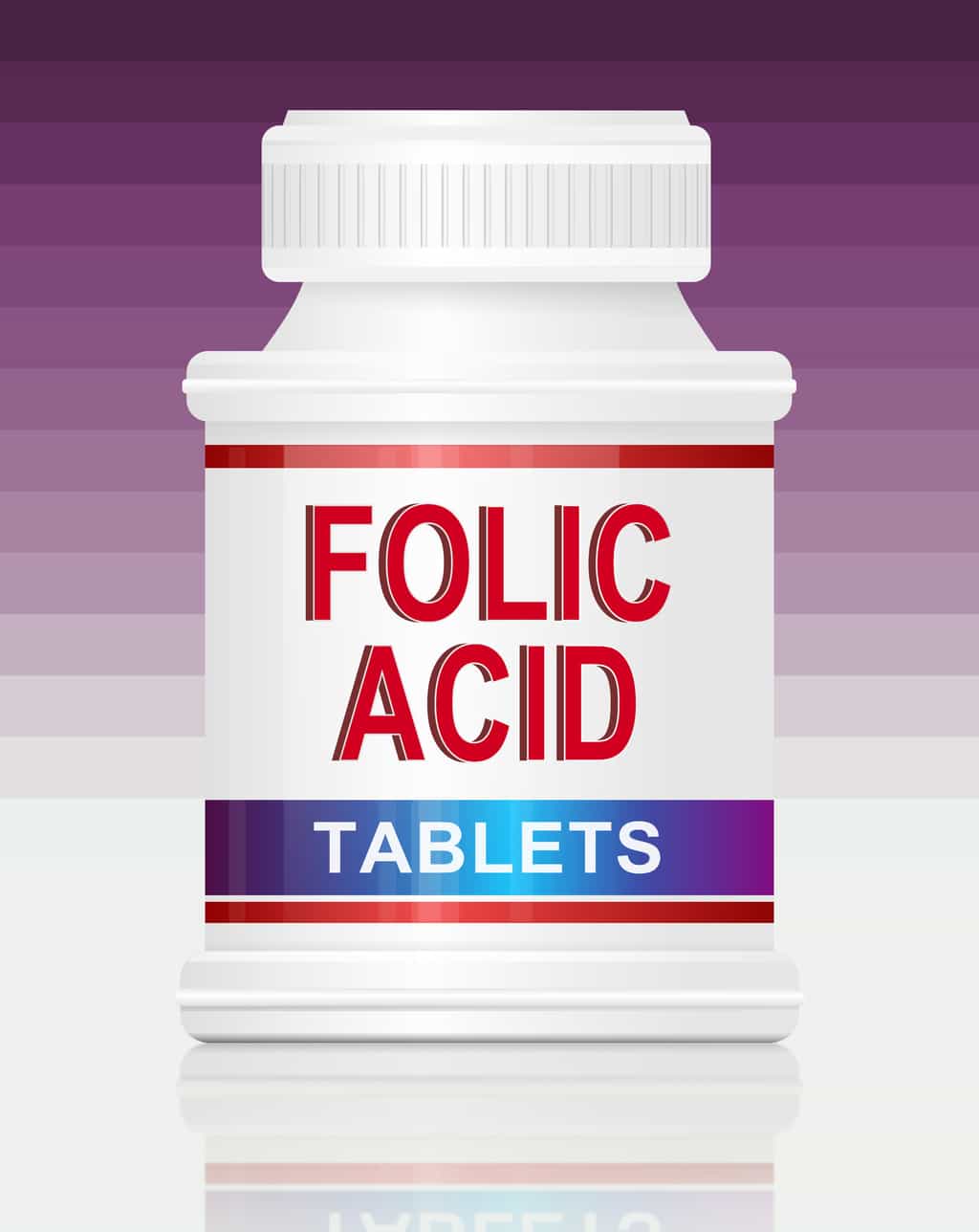
[cmamad id=”4990″ align=”center” tabid=”display-desktop” mobid=”display-desktop” stg=””]
I’m definitely not a big fan of supplemental folic acid — here’s a great reason why.
Folate and folic acid are not the same.
And it’s been suspected that folic acid and prostate cancer prevention don’t work well together.
Folate is found naturally in many vegetables.
Folic acid is a supplement that manufacturers add to food.
We don’t get any choice about the food supplementation — other than to avoid those foods.
Folic acid is also used in vitamin pills — which we do have a choice over because we don’t need to take them.
Folate is also known as vitamin B9.
It’s incredibly important we can’t live without it.
But what’s now clear is that folic acid supplementation is a TERRIBLE idea.
There are a lot of folic acid risks that you need to be aware of.
Added folic acid for men significantly increases the chances of getting prostate cancer.

In this study, they use data from another study and follow the men for ten or more years.
[cmamad id=”4992″ align=”center” tabid=”display-desktop” mobid=”display-desktop” stg=””]
They found that men who were taking folic acid were three times as likely to get prostate cancer within ten years
This is a HUGE number.
And it all comes from supplementing folic acid.
Baseline dietary folate intake and plasma folate in nonmultivitamin users were inversely associated with risk of prostate cancer.
Let’s translate this science speak.
What they’re saying is that the folate found in vegetables or fruits does NOT cause an increase in prostate cancer.
And saying that it’s inversely associated means that the folate actually lowers the chances of getting prostate cancer.
It’s not a really significant drop — so we won’t worry about that.
But what they really proved in this study is that there is a strong correlation between taking folic acid vitamins and getting prostate cancer.
It’s strong enough to warrant not taking any folic acid whatever at this point.
So, what should you do now?
If you have a vitamin pill that you’re taking, check the label.
You should make sure it does not include any folic acid.
You should also avoid all foods that are fortified with folic acid.
According to the Florida Folic Acid Coalition (whoever they are):
Many ready-to-eat breakfast cereals have 100-400 micrograms of folic acid per serving. Check the Nutrition Facts panel to be sure.
Grain products that say “enriched” on the label have folic acid added to them.
This includes bread, rolls, rice, pasta, instant oatmeal, and other foods made from enriched flour (e.g., crackers, cookies, and flour tortillas).
At this time, whole grain foods do not have folic acid added to them.
Foods imported from other countries may not contain folic acid. Check the ingredients list on the label to be sure.
So bottom line, most prepared crackers, and cookies and baked goods are going to have folic acid added to them.
So it’s a good idea to make sure you avoid these and all sources of folic acid.
You can get your folate from foods to prevent prostate cancer.
—————-

- Folic Acid and Risk of Prostate Cancer: Results From a Randomized Clinical Trial
http://jnci.oxfordjournals.org/content/101/6/432.short - Sources of Folate
http://folicacidnow.net/folic_acid/sources.shtml
- Folate — Health Professional Fact Sheet - Office of Dietary Supplements
https://ods.od.nih.gov/factsheets/Folate-HealthProfessional/ - Folate | Linus Pauling Institute | Oregon State University
https://lpi.oregonstate.edu/mic/vitamins/folate

Leave a Reply